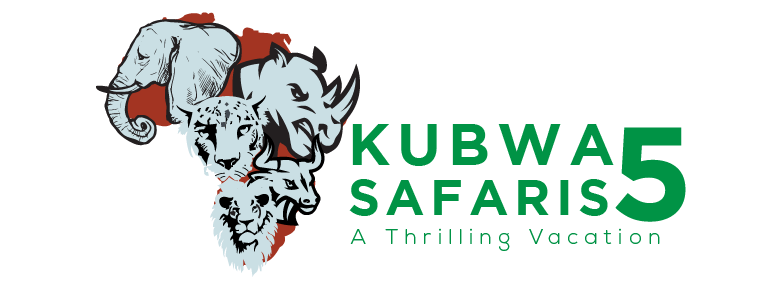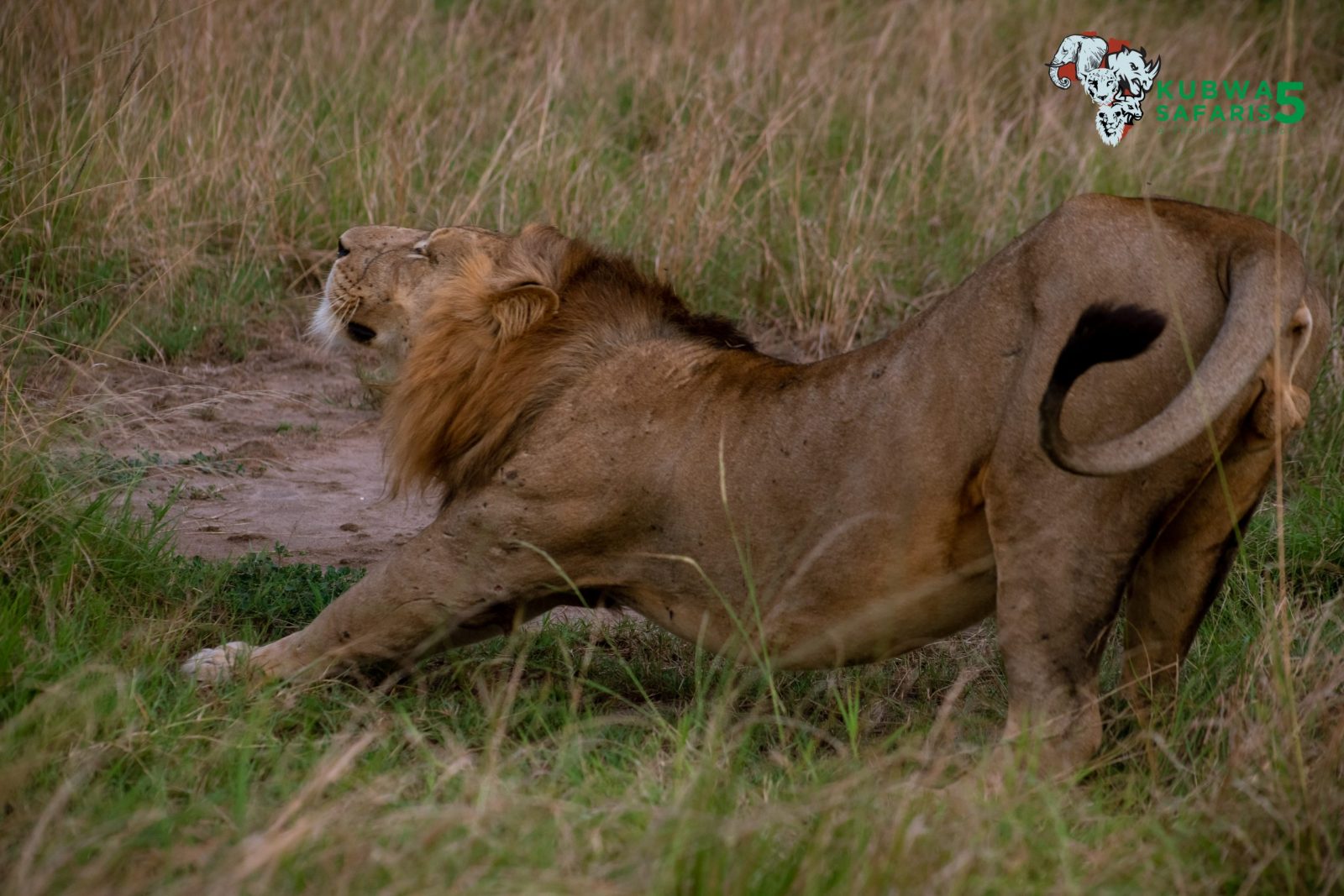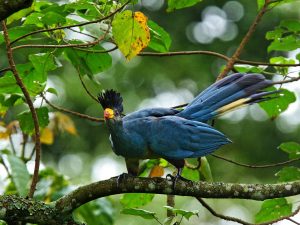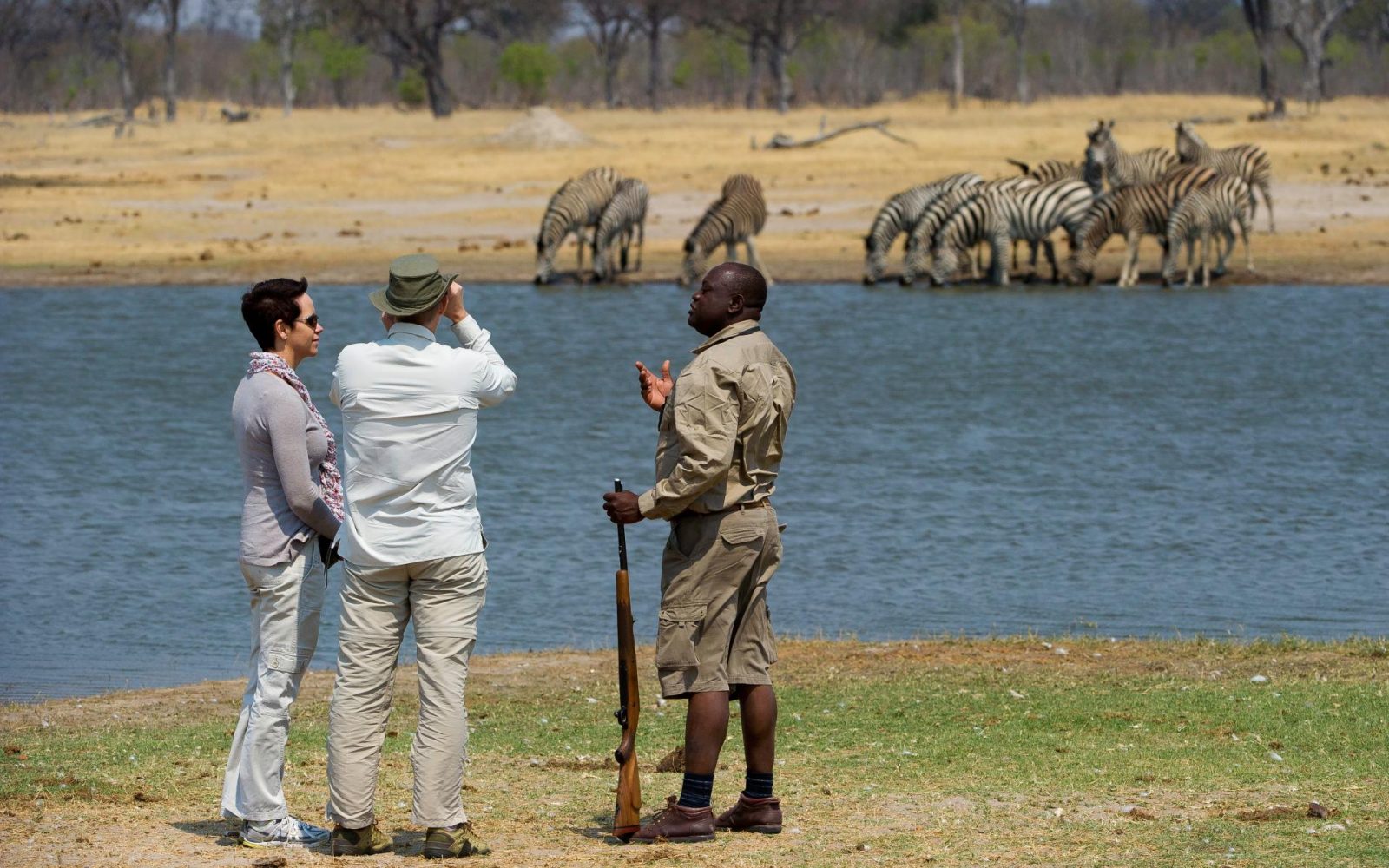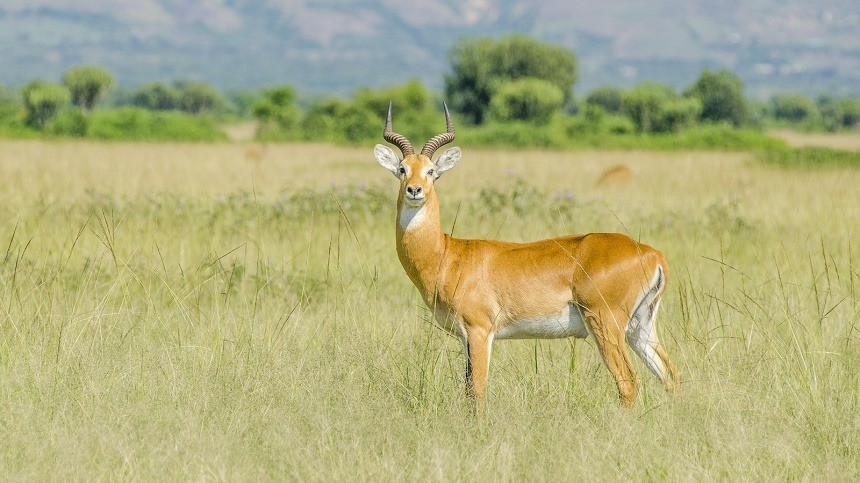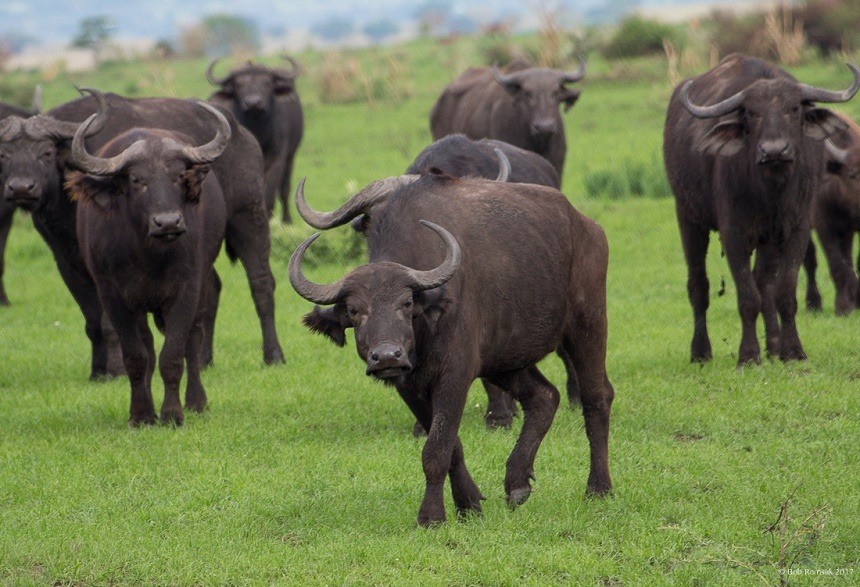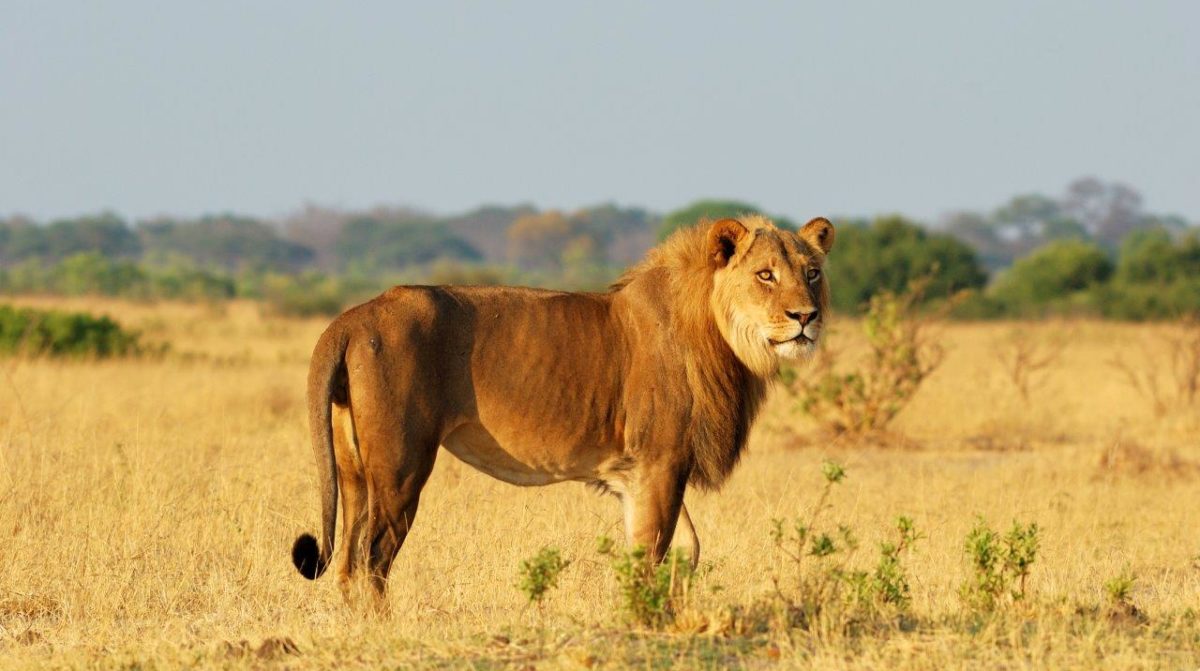-
Game Drives
On a game drive during the day, you get to be driven along the tracks, through the green savannah plains, past wide-leaved woodlands and into the habitat of bountiful mammal species in the Akagera National Park. Your tour guide knows the areas where most animals usually spend their day and will endeavor to drive by. Some of the animals to look out for while on a day game drive include; The Defassa Waterbuck, Topis, Bohor Reedbucks, Oribis, Semi-Aquatic Sitatunga, Eland, Giraffes, Buffaloes, Elephants, Lions and the recently reintroduced Rhinos are some of the mammals found in the park.
The night game drive is an experience in which you step into the wild to view the nocturnal animals especially the wide-eyed bush babies, serval cats, civets, leopards. You will be guided by your flashlight and an experienced ranger. experience if you are setting out to see the wild
-
Nature Walks
Akagera national park management offers nature walks in some areas of the park with a ranger guide. This is a good way to explore the park outside of a vehicle which you use while on a game drive. Also it allows more time and engagement concerning butterflies, insects and plants that you could easily miss while on a safari.
-
Fishing
You have an opportunity of fishing while in Akagera national park. You can do this on both Lake Ihema and Shakani which is a thrilling experience. At the serene waters you can fish to the background music of chirping birds and hippos that grunt as if to cheer you on. You are free to keep your catch to roast, fry or grill it and enjoy the taste of fresh fish from Rwanda.
-
Birding in the park
Akagera national park is home to over 480 species of birds with many only found in this park in Rwanda. The diverse habitats for birds at Akagera National Park gives you an opportunity to view different kinds of bird species. There will be birds in the savannah plains, in the hills, forests, by the lakes and at the river. The Red Faced Barbets, the Great Snipe, the Lesser Kesterel, the Armot Chat, Swamp Fly Catchers, the Papyrus Gonolex and the Shoebill are some of the most rewarding sights while birding.
Akagera is an important ornithological site, with rarities such as the shoebill and papyrus gonolek – both restricted to papyrus swamps – as well as the localised red-faced barbet and the swamp flycatcher. Six vulture species, including the lappet-faced and white-backed, were documented a rare find for the park.
- Boat Safari
A boat safari is a relaxing yet rewarding way to view wildlife. It is an even more rewarding experience when on the lake. Lake Ihema is the second largest lake in Rwanda known for its abundant hippo population and crocodile dotted shores. The boat safari on Lake Ihema offers the opportunity to take up-close photos of these animals. As other animals come to the lake for a drink or bath, you can take a look at those that you may have missed while out on a game drive in the wild.
